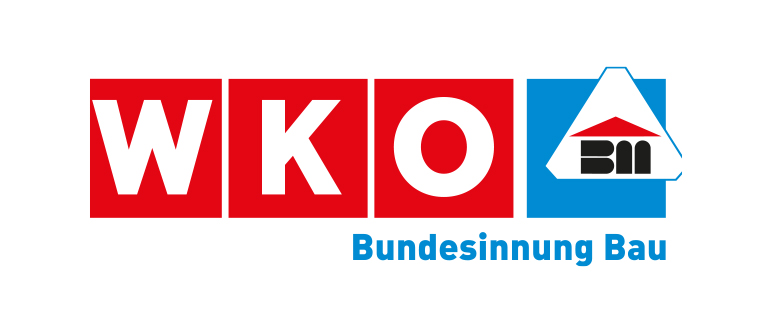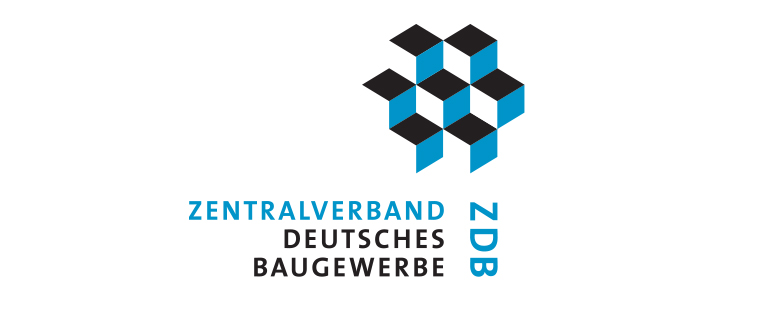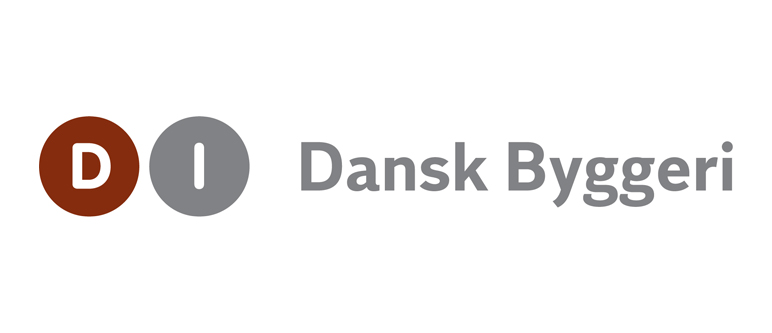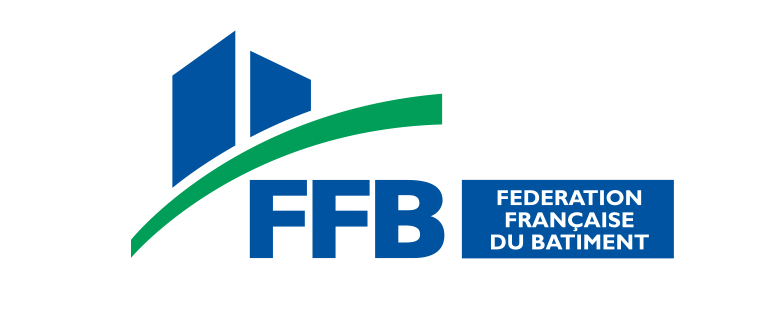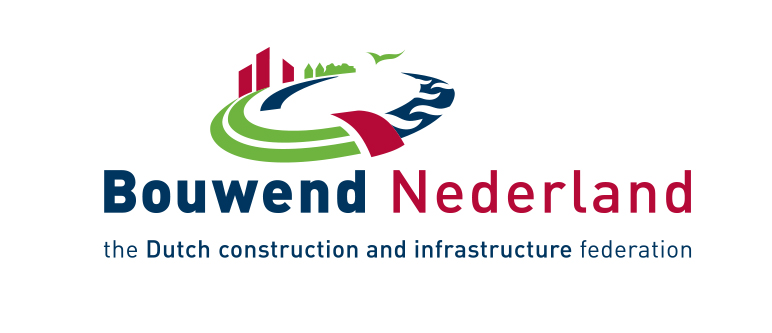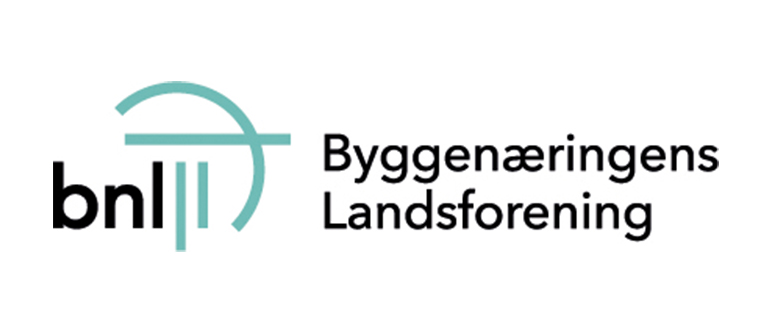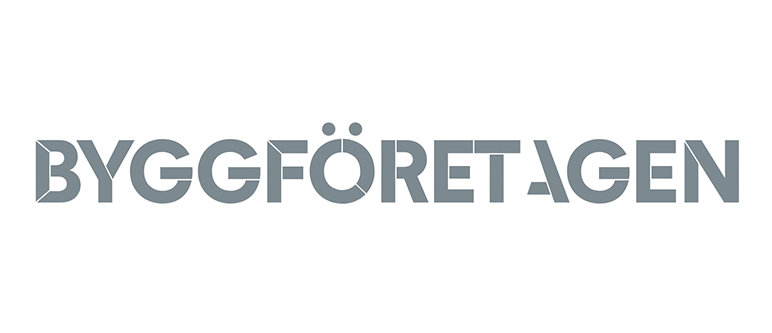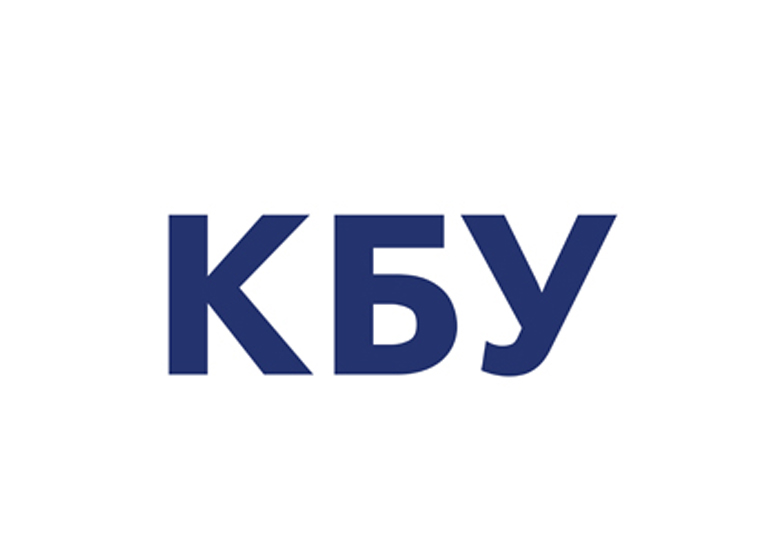General economic overview
During 2020, the Greek economy has been significantly affected by the corona crisis. The economy expanded by 2.3% on a quarter-on-quarter basis in the third quarter of 2020 after a decline of 14.1% in the previous period. The recovery in the third quarter was substantially less dynamic than the sizable rebound in the euro area, largely due to the sharp fall of value added in the tourism sector. Growth was driven by private consumption, with the exports of goods showing some resilience. Unemployment continued to decline, reaching 16.2% in the third quarter of 2020, which indicates that the support measures in place are successful in protecting jobs. At the same time, employment decreased compared to a year ago, primarily due to the lower number of employment in the tourism sector. Youth unemployment also decreased but remains very high at 34.2% in the third quarter.
The impact of the COVID-19 pandemic and the restriction measures that were put into place is also reflected in GDP. According to estimations provided by the Hellenic Statistical Authority, the GDP for 2020 in terms of volume amounted to €168.5 billion compared to €183.6 billion for 2019 recording a decrease of 8.2%, whereas the GDP at current prices for 2020 amounted to €165.8 billion compared to €183.4 billion for 2019 recording a decrease of 9.6%.
The pandemic has halted the recovery of economic activity that had begun in 2017. In January-September 2020, Greek GDP contracted by 8.5% year-on-year, driven mainly by the negative contribution of services exports. The fall in private consumption has also had a negative contribution, whereas the decline in imports of goods and services has dampened the recession. The fiscal measures taken by the Greek government to support businesses and workers and the unprecedented interventions from European institutions − consisting of fiscal, monetary, supervisory and structural policies − have mitigated the adverse effects on the Greek economy3.Uncertainty surrounding the macroeconomic outlook of the Greek economy remains high. Projections are subject to significant uncertainty predominately linked to the evolution of the pandemic and the success of vaccination campaign.
Overall construction activity
In 2020, total building activity (both private and public), calculated on the basis of the number of issued building permits, amounted to 18,907, which corresponds to 4,129 m² (surface) and 17,586 m³ (volume). In comparison to the corresponding period of the previous year, this corresponds to an increase of 9.2% in the number of building permits, 9.2% in surface and 6.2% in volume.
A significant increase of 20.2% in investment in housing demonstrates that the temporary suspension of activity due to the pandemic did not have a significant impact on the construction activity. Other types of construction increased by 4.1%. According to the Hellenic Statistical Authority, gross value added in current prices for the construction industry increased by 10.4% compared to the previous year.
This overall positive development is also reflected in an increase in employment. The number of persons employed in the construction sector increased by 1.3% (third quarter of 2020 compared to third quarter of 2019).
In 2021, the accelerated implementation of large-scale projects, the promotion of public projects, the investment foreseen for building renovations as well as new investments by multinational companies are expected to have a significant positive impact on the construction sector.
Finally, construction is a key sector for investments and funding under the National Recovery and Resiliency Plan, in particular renovation measures.
Real estate market
Despite the significant development of the real estate market during the year 2019, in 2020, the sector was affected by a high level of uncertainty, due to the duration and the extent of the effects of the pandemic. However, new opportunities and perspectives are being gradually raised, following labour market needs and new trends.
Housing prices are still rising, albeit more slowly than last year. In 2020, housing prices rose by 4.6% on an annual basis, less than the previous year’s 7.1%. Still, the overall impact of the pandemic on the real estate market has not been defined yet.
According to the Hellenic Statistical Authority, gross value added in current prices in the real estate industry amounted to €25.5 billion in 2020 – a decrease 0.62% compared to €25.7 billion in 2019.
GDP 2020
BILLION
POPULATION 2020
Total investment in construction in 2020
BILLION
| Per cent variation of investment in real terms on previous year | |||||||
| investment Mln. € fixed prices | |||||||
| Sectors | 2020a | 2017 | 2018 | 2019 | 2020a | 2021b | |
| 1. | Building | 1,352 | -9.5 | 22.3 | 0.8 | 15.1 | N/A |
| 1.1. Housebuilding | N/A | N/A | N/A | N/A | N/A | N/A | |
| 1.1.1. New | N/A | N/A | N/A | N/A | N/A | N/A | |
| 1.1.2. Renovation | N/A | N/A | N/A | N/A | N/A | N/A | |
| 1.2. Non residential (c) | N/A | N/A | N/A | N/A | N/A | N/A | |
| 1.2.1. Private | N/A | N/A | N/A | N/A | N/A | N/A | |
| 1.2.2. Public | N/A | N/A | N/A | N/A | N/A | N/A | |
| 2. | Civil Engineering | 4,384 | -5.9 | -21.5 | -25.0 | 8.7 | N/A |
| (1 + 2) | Total Construction | 5,736 | -6.4 | -15.9 | -20.1 | 10.2 | N/A |
| a: estimate - b: forecast - c: incl. R&M | |||||||




